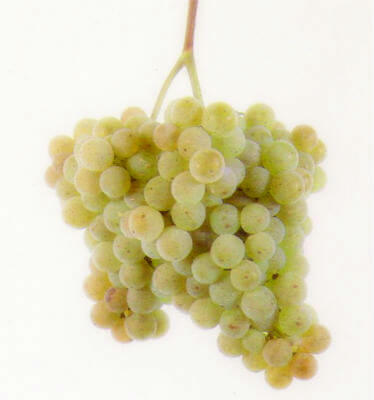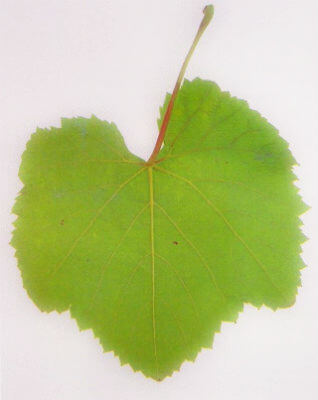Text João Barbosa | Translation Bruno Ferreira
Says a friend that traditions are meant to be broken. Good truths and laments fit this provocation. No more “burning the wicked”, like no one knows how to manufacture clay jars for Alentejo’s wine making anymore – loss of historical and anthropological knowledge.
This traditions’ thing is like tastes. Tastes are and should be discussed; what’s not arguable is the entitlement to opposition and the respect it demands. As for wine, and other food, a designation of origin should be more than a geographical indication. Of all the factors, I address the main one: variety.
The variety and its links to the land are the heritage and patrimony transmitted into upcoming generations. However, they should also be a boundary to the imagination, taste, etc. If a winegrower wants to make blue when the tradition is green, he should be free to do so. What’s not correct is calling green, something that’s blue.
The issue is on the label, on the territorial word, and the grape that is its emblem. A designation of origin wine is neither better nor worse than a regional wine; two different things that should stay that way.
Discussing Bairrada’s varieties is a tradition. As for me, in this toponym the cabernet sauvignon, merlot, chardonnay, etc, do not fit. The same way that it’s not limited by baga and maria gomes.
It’s true, that on that region, the presence of foreign varieties isn’t exactly recent. After how long can a variety be considered “authentic”: ten years, 20, 30, 100?
I recognize some xenophobia. All the more so that foreign varieties exist in Portugal for centuries, such as malvasia or moscatel de alexandria. Those are portuguese, but what to say about alicante bouschet that found its habitat in Alentejo?
There’s yet another issue, the internal transhumance. Touriga nacional has as much of alentejana as the syrah has. I’ll underline the the alvarinho variety here; shared by minhotos and galician. Discovered as a great variety, now coveted elsewhere.

Alvarinho variety in wikipédia.org
At first some provincialism reigned, concerning the permission of Vinhos Verdes’s region labels usage, other than the sub-regions Monção and Melgaço. There could be alvarinho on an alentejano label but not on a Ponte de Lima one. On January 13th a suitable and felicitous agreement was reached. Everyone can now use the variety’s name, but the Monção and Melgaço sub-region sees its specialty recognized, through an exclusive warranty seal.
To the authenticity issue I’ll add the oenological factors … with the standardization of processes, will not Regional Alentejano, Regional Tejo, Dão or Douro, look alike each other? Doesn’t technology fades away territory and variety?
Because of the eagerness to differentiate, things like what happened in Beira, happen. I don’t get the map. The problem is not the excess of designations of origin but places with no added-value or specialization, «nonexistent places».

Alvarinho Leaf in wikipédia.org
The consumer doesn’t understand that. What the consumer can understand is scales. There should be a classification table: First Class, Second Class, etc. Here I am complicating what’s already complicated enough as it is – many might say. Complicated is to keep messing up toponymy and treat as equal what’s different by nature.
What does a foreign consumer think when he sees a Douro with a pricetag of €3 and another with €80? Expensive isn’t better, known fact. Isn’t it clearer to assume the difference/specification of terroir?
Explaining to a foreigner that Portugal exists and produces wines for millenniums is a hard task experienced by many. Putting differentiation in a variety – that could be grown even in Mars – is preferable to the truth?! That we make blends? The task of explaining that touriga nacional and blend are not the same? Better sooner than having to later that Santa isn’t real.
I don’t consider myself illiterate, therefore I choose the uncertainty principle. I have a preference, I am not peremptory. In 300 years won’t the merlot – by my arguments – be as bairradina as baga? Beaten but not convinced! By passion and little logic.




Leave a Reply